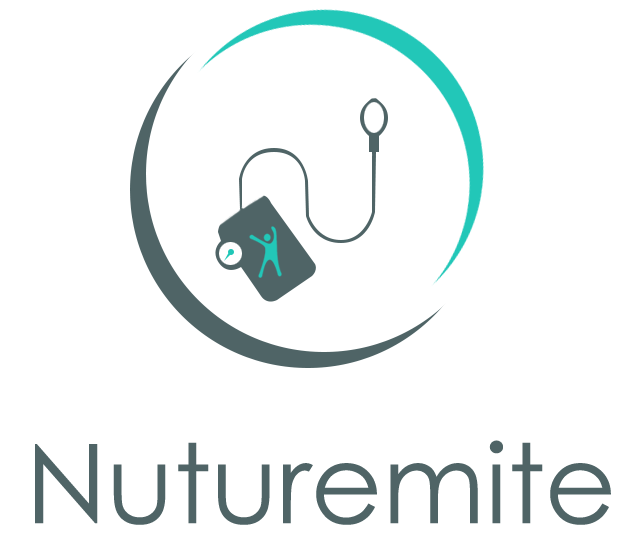Vegan diet: food sources and sidesteps

What to eat while following the vegan diet? What are the things that I should avoid? If these questions have been your dark cloud then you have landed on a safe plane. All these questions are going to be answered in this article, but before that let’s revise a few things about this diet.
The vegan diet has got its name from the word vegetarian. Veganism is the other name for this diet. It believes in abolishing the cruelty done on animals. Thus, it does not involves the use of animal products. So, the vegan diet is basically a plant-based diet. It bestows the advantage of several nutrients as this diet facilitates the consumption of plant-based food. The only aftermath involved in the diet is the deficiency of some animal-based nutrients. This makes it very important to plan the diet properly. The diet should contain all the essential nutrients in ample quantity. It must include supplements of restricted nutrients. A balanced vegan diet can do wonders. From losing weight to fighting several diseases such as high blood pressure, diabetes, heart disease, etc, it does it all. So, without wasting any time let’s move on to the ways of following it.
FOOD SOURCES FOR VEGAN DIET:
The food sources for vegan diet consists of plant derivatives.
SOY:
Soy or soya bean is a great source of protein. Many refer to it as the vegetarian’s meat. Soy helps in the preparation of Soy milk and tofu.
PLANT MILK:
Plant milk refers to the milk emanated from plant-based sources. These sources include almond, coconut, cashew, grain, hemp, soy, etc. one cup of soy milk provides 7g of protein while one cup of cow milk provides 8g of protein. Similarly, plant oil and seeds make vegan cheese and mayonnaise. Thus, plant products can be used as a replacement for animal products. However, vegan milk is not recommended for breastfeeding infants.
EGG SUBSTITUTES:
There are several egg substitutes available in the market. Plant protein helps in making egg substitutes. Ground flax seeds, mashed bananas, silken tofu, mashed potato, corn starch, chickpea flour, applesauce, arrowroot, and soy protein powder can be used as a substitute for egg in several recipes.
LEGUMES:
Legumes such as peas, lentils, and beans are great sources of various nutrients. It is very important to add an adequate proportion of legumes in the diet.
SEEDS:
Consumption of plant seeds are highly recommended for . Different plant seeds are rich in different vitamin source. However, they are popular for having protein and omega-3 fatty acid.
TOFU:
The main ingredient of tofu or bean curd consists of soy milk. These are rich in protein. They have been extensively used as a substitute for meat, poultry, egg and fish.
NUTS:
Nuts should be consumed for optimum health. These are good sources of magnesium, selenium, fibre, zinc, iron, and vitamin E.
ALGAE:
Different types of algae are rich in different nutrients. Some algae contain high protein sources while some hold iodine sources.
WHOLE GRAINS:
Whole grains and cereals are great sources of several nutrients. These include vitamin B, carbs, minerals, iron and dietary fibres.
YEAST:
Yeast is a great source of protein. They the add delicious cheesy flavour to the food. Yeasts come in a variety of nutrients including vitamin B12.
FRUITS AND VEGETABLES:
Fruits and vegetables both are rich in several nutrients. They consist of, one of the most vital sources of nutrients. Vegetables include spinach, cabbage, cucumber, beetroot, ladyfinger, tomato, capsicum etc. fruits include apple, orange, papaya, grapes, mango, guava, melon, lemon, etc.
SIDESTEPS FOR VEGAN DIET:
As we know the fundamentals of the vegan diet are laid on the pillars of plant sources. Therefore, it is very important to avoid any food derived from animals. These include:
DAIRY:
Milk, curd, butter, cheese, yoghurt, cream, etc.
BEE PRODUCTS:
Sources- honey, royal jelly, bee pollen, etc.
MEAT:
Sources- chicken, beef, turkey, duck, lamb, horse, goose, pork, quail, etc.
EGG:
Sources- chicken, duck, fish, ostrich, quail, etc.
ANIMAL-BASED PRODUCT:
Sources- lactose, fish derivatives, shellac, whey, gelatin, casein, isinglass, cochineal, L-cysteine, etc.
SEAFOOD:
Sources- crab, lobster, calamari, squid, mussels, anchovies, scallops, shrim, etc.
https://www.healthline.com/nutrition/vegan-diet-guide#section2
CONCLUSION
Who doesn’t wants to stay healthy? I guess the answer is everyone. The vegan diet offers plenty of varieties. We can easily switch to the extensive sources to the intensive ones. All we need is a little determination and proper planning. So, go ahead, build your plans and make it work this time. Stay healthy, stay fit.


Leave a Reply